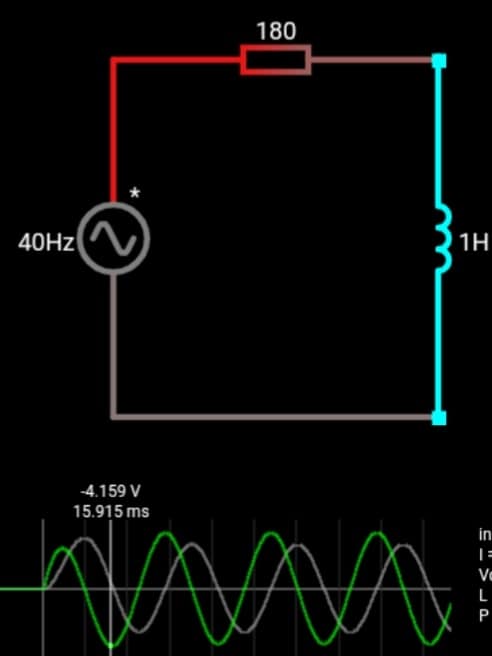The OP might be confusing the transient and the stable/forced current. The transient processes occur when the conditions in the circuit are suddenly changed, e.g., when the ac source is turned on. By definition the transient processes last only finite time. The forced oscillations in the circuit driven by the ac source will have the same frequency as the source, although their phase will be shifted in respect to the source oscillations.
When talking about transient processes, there is some ambiguity in what one defines as change of the conditions. Indeed, one could, e.g., consider as a change every time the direction of the current is reversed - but then everything is transient, and making the distinction between the transient and stable regimes does not make any sense. We thus usually consider as stable regime the ac oscillations that establish with time, after turning on of the ac sources.
Remark
One could also base the distinction on the predictability of the behavior: a periodic signal is perfectly predictable, whereas the momentw hen it is turned on is not. In fact, in comunication applications (radio/television/etc.) it is common to say that only random signals carry information, and only such signals result in transient behavio (usually characterized by the impulse response function of the circuit/receiver.)

